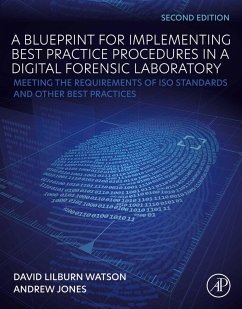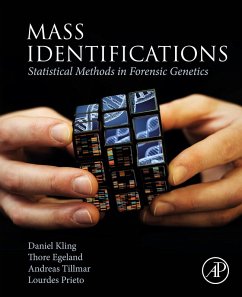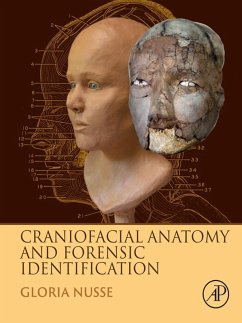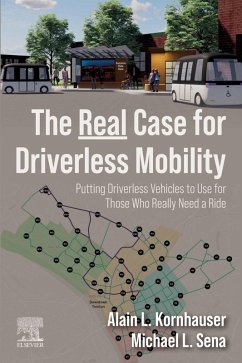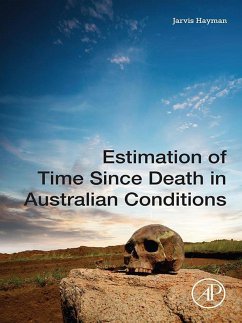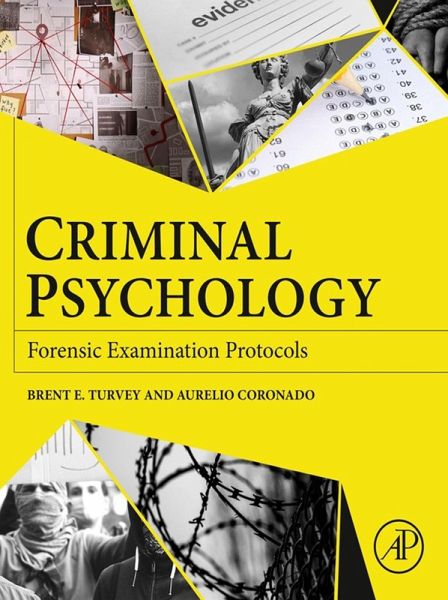
Criminal Psychology (eBook, ePUB)
Forensic Examination Protocols
Versandkostenfrei!
Sofort per Download lieferbar
45,95 €
inkl. MwSt.
Weitere Ausgaben:

PAYBACK Punkte
23 °P sammeln!
Criminal Psychology: Forensic Examination Protocols is a compact practitioner's guide to essential forensic concepts and protocols related to the evaluation and assessment of crime and criminals. The sections cover: Fundamentals, Understanding Criminal Behavior and Criminal Assessments. Written for forensic criminologists and psychologists, this reference provides genuine insight into real criminal behaviors using real life casework to bridge theory and practice. This guide can also be used in the classroom. - Contains concepts and protocols key to forensic investigation of crimes and criminal...
Criminal Psychology: Forensic Examination Protocols is a compact practitioner's guide to essential forensic concepts and protocols related to the evaluation and assessment of crime and criminals. The sections cover: Fundamentals, Understanding Criminal Behavior and Criminal Assessments. Written for forensic criminologists and psychologists, this reference provides genuine insight into real criminal behaviors using real life casework to bridge theory and practice. This guide can also be used in the classroom. - Contains concepts and protocols key to forensic investigation of crimes and criminals - Real life casework, from forensic practitioners, will be featured prominently throughout to bridge theory and practice - An essential guide written for forensic criminologists and psychologists
Dieser Download kann aus rechtlichen Gründen nur mit Rechnungsadresse in A, B, BG, CY, CZ, D, DK, EW, E, FIN, F, GR, HR, H, IRL, I, LT, L, LR, M, NL, PL, P, R, S, SLO, SK ausgeliefert werden.







